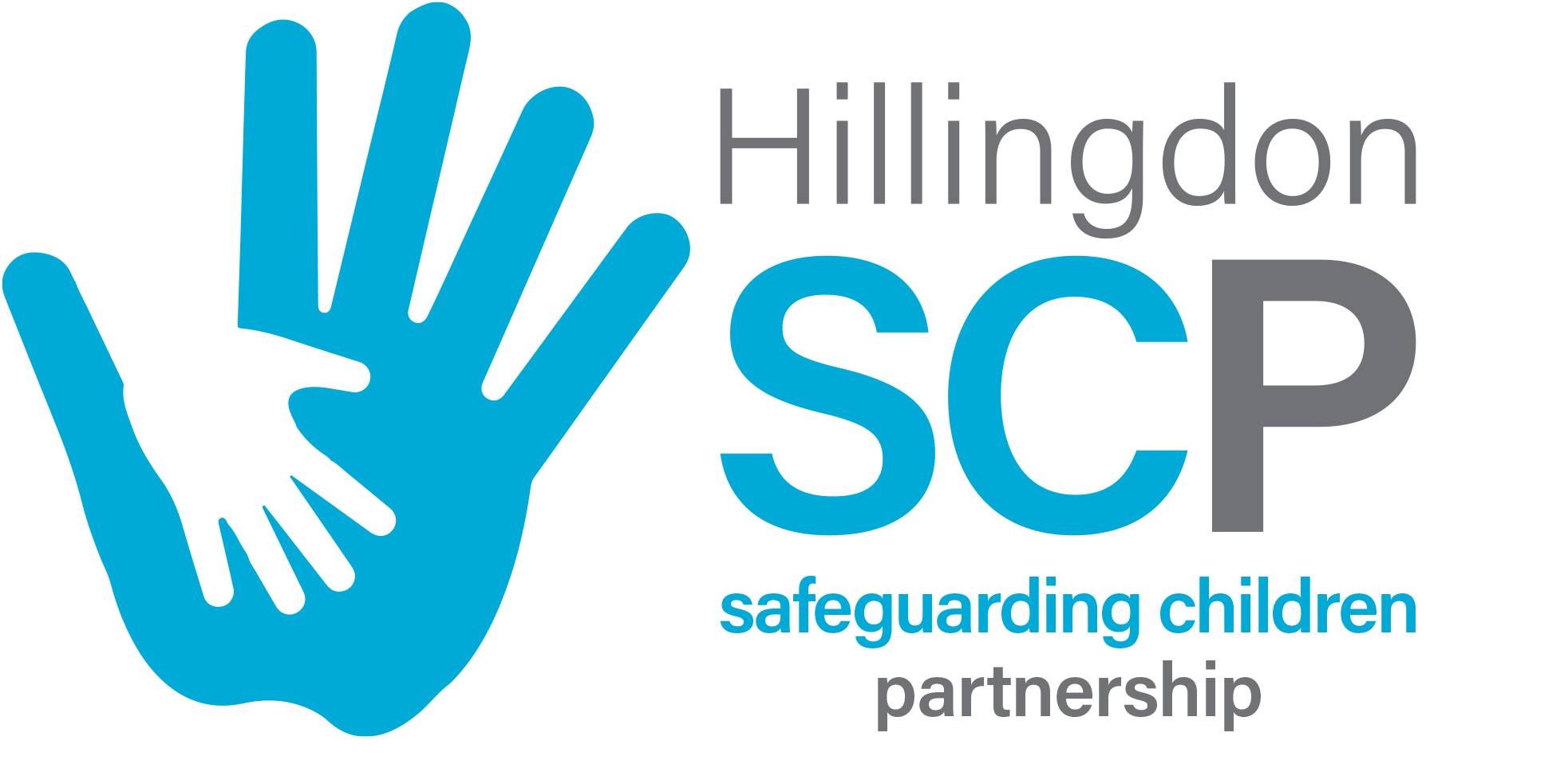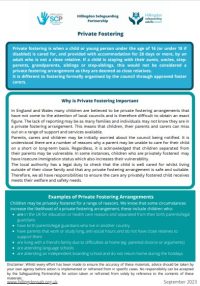Private Fostering
Private fostering is when a child or young person under the age of 16 (or under 18 if disabled) is in the care of an adult who is not a close relative, with the intention of it lasting more than 28 days. It is different to fostering arrangements set up by the council. You must notify the Council immediately if you know of, or suspect, a private fostering arrangement.
It can happen for a range of reasons, including but not limited to:
- Parents unable to care for their children (homelessness, imprisonment or in hospital)
- Adolescents that have moved out of their family’s home (residing with friends or partners family)
- Children that have family overseas and are placed in the UK for religious, economic or educational reasons.
Why Is It important?
The law regarding private fostering changed greatly following the death of Victoria Climbie in 2000 who was privately fostered by her Great Aunt. Legislation introduced after Victoria’s death requires local authorities to be proactive in investigating all private fostering arrangements.
Whilst private fostering can be a positive and supportive response by the community around a child, we know that privately fostered children are more likely to experience abuse and neglect.
Legal Duty
The local authority has a legal duty to check that the child is well cared for whilst living outside of their close family and that any private fostering arrangement is safe and suitable. Sometimes private fostering arrangements can be hidden from professionals, with false documentation. Professional curiosity in discussions with the carers and children is important. If you have any doubts about whether a child’s carers are their parents or close relatives, report it. All partners, parents and private foster carers have a legal duty to notify the local authority if they know of a child being privately fostered. We all have responsibilities to ensure the care any privately fostered child receives meets their welfare and safety needs.
The local authority does not intend to disrupt what is working well. The aim is to provide support and advice to ensure that the arrangements met the welfare needs of the child.
Downloads:


